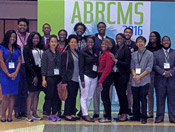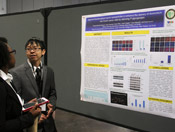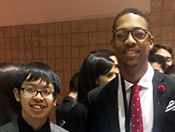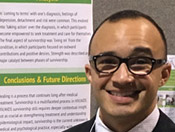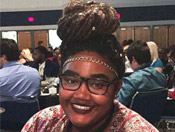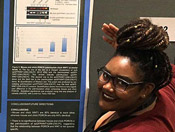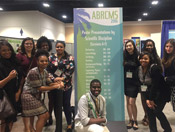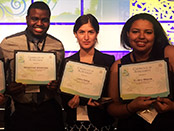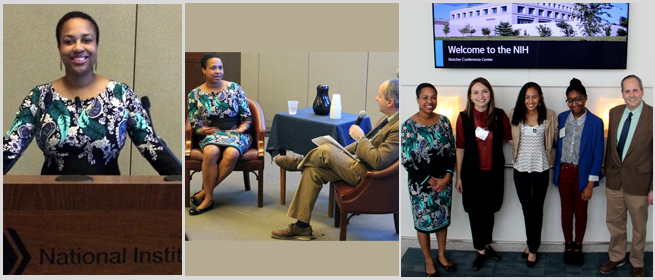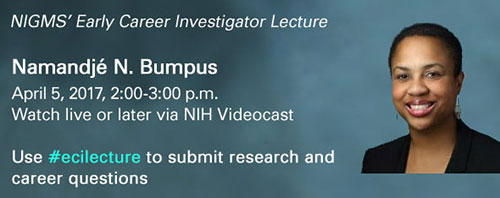UPDATE: The video and slides from the NI/ESI MIRA Webinar have been posted.
If you are a new investigator (NI) or an early stage investigator (ESI) who received a Maximizing Investigators’ Research Award (MIRA) in 2016 or 2017, you may be wondering how having a MIRA affects your ability to initiate collaborations or apply for other grants. Or, you may be curious how much flexibility you really have to deviate from your original research plans. You may also be thinking a few years ahead about a competing renewal application. Because MIRA is a new grant mechanism, NIGMS will host a webinar designed specifically to address these and other topics of interest to NI/ESI MIRA principal investigators (PIs). NIGMS program, grants management and review staff will be on hand to provide information and answer your questions. We invite NI/ESI MIRA PIs and their business officials to participate.
The webinar (link no longer available) will be held on Tuesday, September 26, from 2:00 to 3:45 p.m. EDT. The site is compatible with mobile devices. Participants will be able to submit questions through the chat function. For an audio-only presentation, call 1-866-815-0443 and enter passcode 3268089. We will post the archived webinar and slides on the MIRA webpage after the event.
Vernon Anderson, Program Director
Oleg Barski, Program Director
Lisa Dunbar, Scientific Review Officer
Judith Greenberg, Deputy Director
Lisa Moeller, Grants Management Officer
Peter Preusch, Acting Director, Division of Cell Biology and Biophysics
Kristine Willis, Program Director


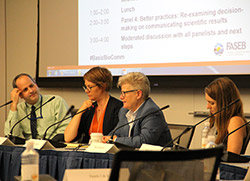

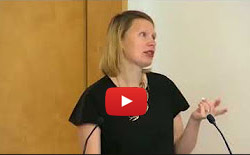
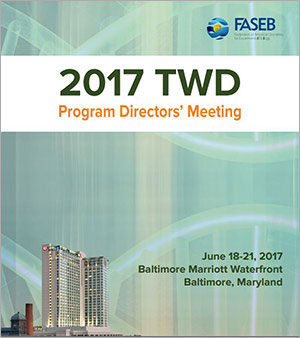 The 2017 Training, Workforce Development, and Diversity (TWD) Program Directors’ Meeting, organized through a grant to the Federation of Associations for Experimental Biology, took place June 18-21 in Baltimore. This biennial meeting brought together the community of faculty, staff and administrators who manage TWD undergraduate and predoctoral training programs across the nation to network, share best practices for program improvement and connect with NIGMS staff. This year, participants presented more than 100 posters. Plenary sessions and keynote talks described innovative approaches for training and evaluation, efforts to enhance diversity in the biomedical workforce and more.
The 2017 Training, Workforce Development, and Diversity (TWD) Program Directors’ Meeting, organized through a grant to the Federation of Associations for Experimental Biology, took place June 18-21 in Baltimore. This biennial meeting brought together the community of faculty, staff and administrators who manage TWD undergraduate and predoctoral training programs across the nation to network, share best practices for program improvement and connect with NIGMS staff. This year, participants presented more than 100 posters. Plenary sessions and keynote talks described innovative approaches for training and evaluation, efforts to enhance diversity in the biomedical workforce and more.